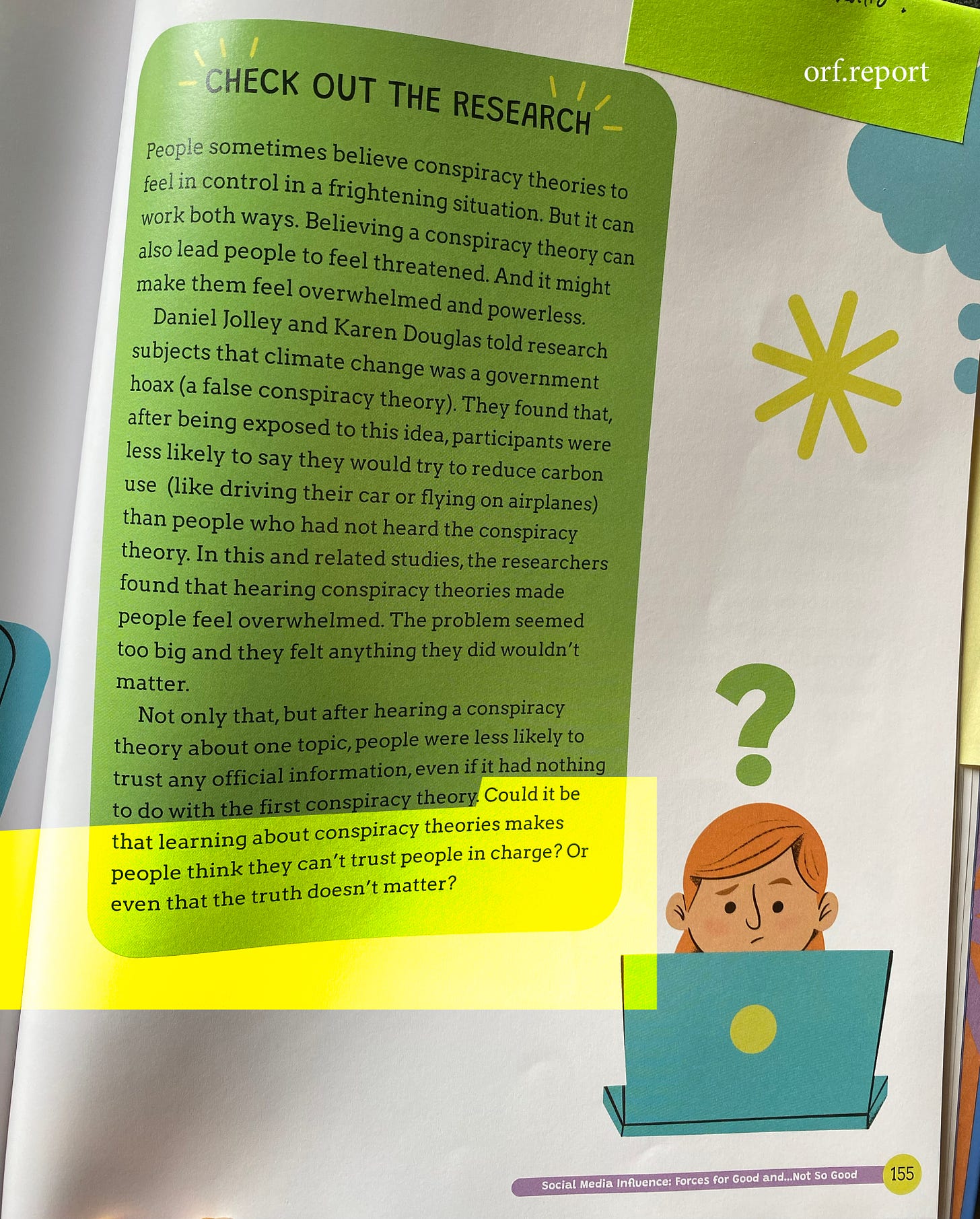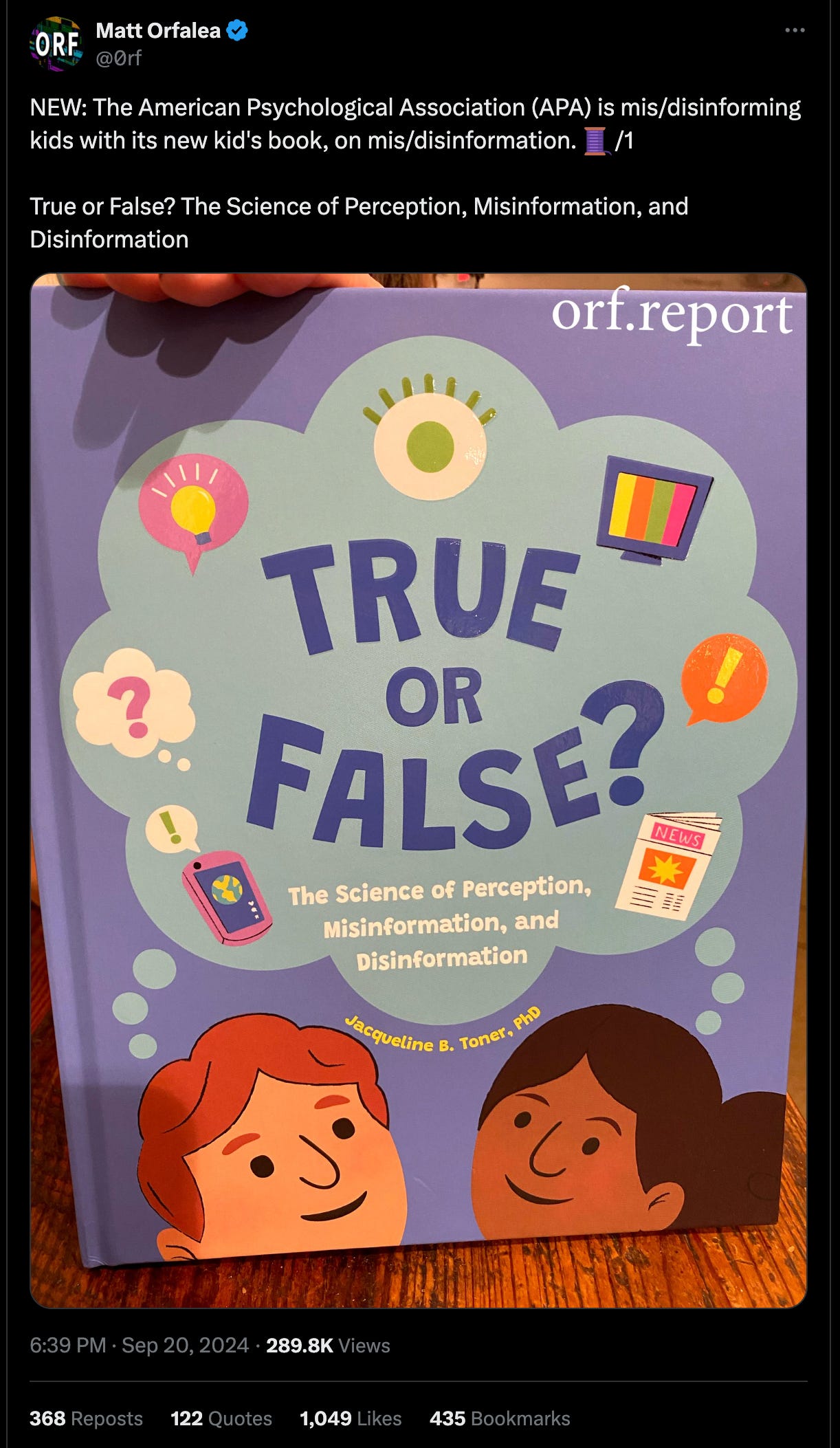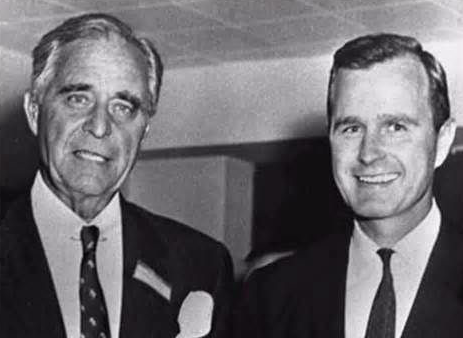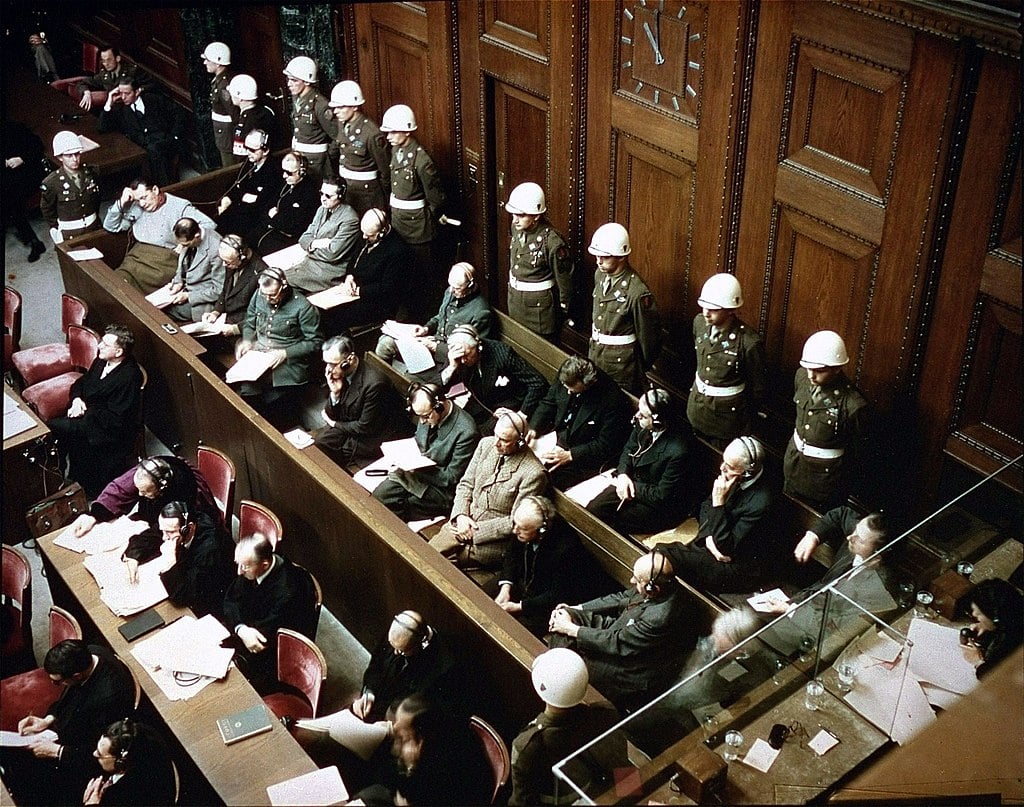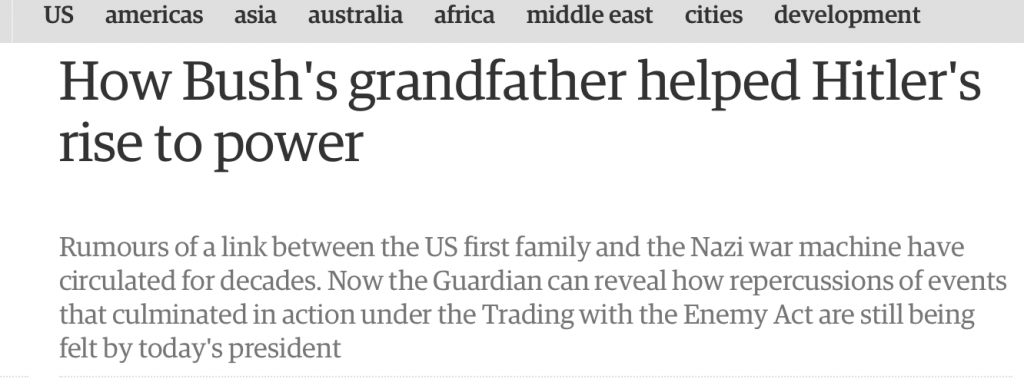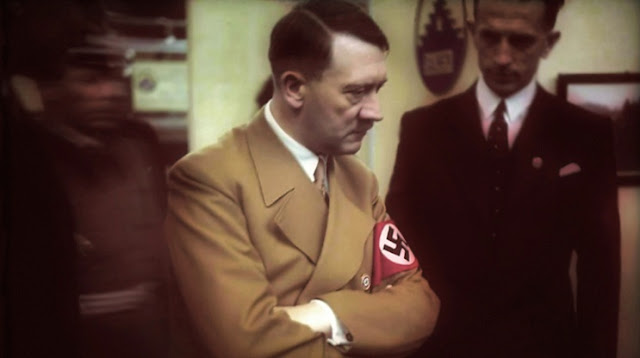All Global Research articles can be read in 51 languages by activating the Translate Website button below the author’s name (only available in desktop version).
To receive Global Research’s Daily Newsletter (selected articles), click here.
Click the share button above to email/forward this article to your friends and colleagues. Follow us on Instagram and Twitter and subscribe to our Telegram Channel. Feel free to repost and share widely Global Research articles. First published in June 2024.
Global Research Wants to Hear From You!
***
On June 6, 2024, the leaders of North America and Western Europe flocked to the beaches of Normandy, France to pay tribute to the historic battle fought between the allied forces and the Nazis for control of France and to eventually overthrow the Nazis.
This battle took its toll, but the Allies emerged victorious. However, at the ceremonies, no mention whatsoever was extended to the role of the Soviet Union on the Eastern Front, in which the casualty rate was far greater, the Nazi presence far greater, and the victory a key to the success in the West. In fact, the only reference to Russia was in State leader’s speeches equating Vladmir Putin to the next Adolf Hitler!
The facts of the defeat of Germany mainly at the hands of the Soviet Union are laid out in a conversation with Canadian-Belgian historian Jacques Pauwels in the recent episode of the Global Research News Hour.
Dr. Jacques R. Pauwels, is a renowned author, historian and political scientist, Research associate of the Centre for Research on Globalization. His books include The Myth of the Good War: America in the Second World War (second edition, 2015), Big Business and Hitler (2017), and Myths of Modern History: From the French Revolution to the 20th century world wars and the Cold War — new perspectives on key events (2022).
The following incisive interview with Michael Welch was recorded on June 25, 2024.
Global Research: You must have caught some of the footage of earlier this month of D-Day.
What struck you most about what was said and what was not said during the day of festivities 80 years later?
Jacques Pauwels: Well, Michael, I’ve been to Normandy quite a few times. And I’ve actually was there in 1995. And it was then the 40th, the 50th anniversary of the landings in Normandy.
And it’s quite, of course, a moving experience to be there as all these World War commemorations tend to be. One cannot help being impressed. And I have always had an ambivalent feeling about that, because on the one hand, it is only fair to recognize the efforts of the men and some women also that sacrificed themselves over there.
And I by no means would want to underestimate the importance and the valor of everybody involved, as well as the planning of the operation. A big bravo is indeed due. So I have no problem with honoring the men and women that were involved in this operation.
And I certainly wouldn’t recognize that it ended up the landings in Normandy did make a contribution to the victory by a coalition of countries that all needed to put in a very, very big effort to defeat that huge military monster that Nazi Germany happened to be. Because there’s no doubt about that in the early 40s, and from 1939 on to 1944, approximately, Nazi Germany was the biggest, the most powerful military machine in the world. And to defeat that machine took an effort by all the allies, every little effort counted.
So there’s no way that we can or should possibly underestimate what happened. Having said that, it’s also sad, I found, as the other side of the coin, that these celebrations have been manipulated, I should say, by the powers that be that organized them, and that are basically providing the big speakers over there, you know, to minimize, if not obfuscate, the efforts of the most important of all the members of the coalition, which was the Soviet Union, and of which, of course, Russia is today the successor country. And it is undoubtedly the case, as I as an historian have learned over the years, having been brought up in a country, Belgium, where we also believe that the landings of Normandy made all the difference.
I have learned through my long studies about the First, Second World War, and the First World War too, that the biggest contribution in the victory against Nazism was made by the Soviet Union. By the many countries of the Soviet Union, and we should not say the Russians, because the Ukrainians, the Estonians, the Latvians, the Kazakhs, you know, the Uzbeks, you know, they were all there as parts of this country, this multinational state called the Soviet Union. So the Soviet Union basically made by far the biggest contribution, and by far the greatest sacrifices.
And it’s fair to say that the war was decided on the Eastern Front, not the Eastern Bank, on the Eastern Front, and not in Normandy.
GR: Yeah. So could you maybe just talk about, like, we’ve heard so much about, you know, the D-Day, and all the sacrifices, and certainly, you know, hard fought and everything.
Could you tell us a little bit, you know, just to kind of complete the list of some of, just briefly, if you can, about some of the epic battles fought by the Russians, or, you know, in defense of the land from the Nazis. Just briefly.
JP: Well, when you compare the magnitude of the battles that followed, or started with D-Day, which is generally called the Battle of Normandy, which lasted from the D-Day itself, June 6, 1944, until the end of August, you know, so there was quite a few months of fighting.
That battle, that was a big battle, but it was not nearly as big a battle, for example, as the Battle of Stalingrad, which was a much bigger battle involving many, many more men on both sides, and enormously higher casualties on both sides. And as such, that in terms of the big battle, Normandy was, in fact, not the big battle of the war. But more importantly, there were another, there was even another battle on the Eastern Front that was actually just as big as Normandy, and was really the turning point of the war.
And that was not even Stalingrad, which was fought between, from the September 1942 to early February 1943. But I mean the Battle of Moscow, which was already fought in late 1941. In fact, it, the big offensive that was launched then by the Red Army against the invading German army was launched on December 5. And that day, the Germans had to withdraw many kilometers and give up their idea of a quick and easy victory in the Soviet Union, which they had planned and foreseen and predicted and confidently expected when they started the war against the Soviet Union on the 22nd of June 1941.
So that battle, really, that was the turning of the tide, and not Normandy. So if you consider that, that was in late 1941. And that is actually years before the landings of Normandy, you know.
And actually, interestingly enough, it was already a done deal. And on the 5th of December 1941, Hitler’s generals reported to him that he could no longer win the war. And that was even before the United States became involved in the war.
And that was when only Britain really was fighting in the West, because France had been knocked out. Belgium and the Netherlands had been knocked out. Greece and Yugoslavia had been knocked out.
Germany was the mistress of Europe, essentially. And it looked, when they invaded the Soviet Union, that that was going to be only a matter of about a couple of months before that victory there would be achieved. And that would have been basically pretty well the end of the war.
Because, and this is important to remember, had the Nazis, or had the Soviets, had the Red Army not managed to stop the German advance in front of Moscow, you know, very close, very close to victory, so to speak, in December 1941, you know. And had the Nazis been able to take Moscow, and had they defeated the Soviet Union, as was expected not only in Berlin, but also in London and in Washington, where the experts predicted that the German army would go to the Red Army like a warm knife through butter, had the success of the Nazis constantly expected, and that pretty well the whole world expected, had it been achieved, you know. And that would have meant that the Soviet, that Nazi Germany would have had at its disposal the huge resources of the Soviet Union, including, for example, the rich agricultural land of the Ukraine and the petroleum of the Caucasus.
And in that case, there would never have been a landing in Normandy, because that would have meant that in 1944, when the Allies would have tried to land, they would have faced not less than 10 percent of the German army, as was the case in June 1944, you know. And hardly any Luftwaffe airplanes in the sky, because of a total dramatic lack of fuel. So if indeed Operation Barbarossa, the Nazi attack on the Soviet Union, would have been successful, there would never have been a landing in Normandy.
GR: Yeah.
JP: That is really one way, that one thing that is never mentioned, of course, that is simply totally forgotten, totally ignored, because, of course, Russia today, as in the case of the Soviet Union before, is not a country that we love a lot. We have reasons of our own, you know, in the West to not like them, and therefore, in fact, to minimize their contribution. And in fact, it’s fair to say that when Nazi Germany invaded the Soviet Union in June 1944, that many leaders of Great Britain, for example, in the United States were hoping that the Nazis would destroy the Soviet Union, because that was something that they had actually hoped that Hitler would do from the very start.
GR: Yeah, I’m just going to mention, I mean, first of all, when Barbarossa was coming to a close after fighting for about six months, and they were, the Russians, the Soviets were quite forceful. And then there was the attack by Japan on, well, the so-called attack on Pearl Harbor. So, I guess the Germans, like, as you related last time, in our previous conversation, it was Germany that launched, they said they were at war with the United States.
That kind of threw the United States off balance. And so, it was back in 1941, that the United States was allied with, you know, France and England and so on. And so, I was just going to get to the point where, you know, why wait for so long before you actually open up a second front, like almost three years before they opened up that second front, which proved to be the Operation Overlord, which and then the Normandy situation D-Day that sort of led to the end of…
JP: Well, what’s happened is that when Nazi Germany invaded the Soviet Union in 1941, and there was only one country really that still was fighting Nazi Germany, that was Britain, because the United States was not involved in the war yet, it was neutral.
Now, some people say, well, they sympathize with Britain, and they supply them with weapons and all that stuff. That’s all very, very true. In fact, they made a lot of money in the process.
And that’s what wars sometimes are all about. Not only sometimes, but very often, all about. But the United States had no desire to go to war with Nazi Germany.
In many ways, they sympathize with them. They had nothing against fascism. They had nothing against the German variety of fascism, which we call Nazism.
In fact, many members of the British and the American elite liked Nazism and fascism a lot. They were fellow fascists, as the right term goes. Because the reason being, the fascists were anti-communists, anti-socialists.
They were fascist systems, were capitalist systems. And as such, the capitalist elite of Britain and of the United States much preferred a fascist capitalist system to a socialist, communist, non-capitalist, anti-capitalist system. Especially since the Soviet Union, and this is extremely important and too often neglected in our history books, since the Soviet Union was the champion of the countries that were colonized by Western countries.
The Soviet Union, ever since it was set up, even before it was officially set up, under Lenin already, revolutionary Russia, before the Soviet Union officially came to be as a state, they supported the struggle of countries in the colonies against their colonial masters. And they did so big time. And in fact, it’s fair to say that many countries in Africa and Asia, owe their independence, managed to become independent from Western countries, thanks to help they got from the Soviet Union.
We know, for example, that the Soviets helped the Vietnamese to win the American war, as they call it, right? And we know that, for example, today, in many countries like Africa, especially South Africa, that they refuse to go along with sanctions against Russia, because they say, when we were fighting Apartheid, who was on our side and who was against us? You, the West, you helped the Apartheid system. And we were supported by the Soviet Union, which is basically the predecessor of the Russian. So we are still grateful to the Soviet Union, now Russia, and we still suspect, you know, that we don’t know that grateful, we have no reason to be grateful to you, because you were on the side of our oppressors.
So don’t expect us today to join you in your problems that you may have with Russia. We’re not on that side. And that is the result of that.
But to go back to what your question then, the United States was not involved in the war, even when the Soviet Union attacked, sorry, when the Soviet Union was attacked by Germany. And in the United States, many members of the elite, meaning the political and of course, the economic elite, were looking forward to the destruction of the Soviet Union at the hands of the Nazis. That didn’t quite work out.
Many of them would have been disappointed that the Nazis actually were beaten back by the Soviets. But at that stage, the United States still had no desire to get involved in a war with Germany. But they did have a desire, they did plan a war against Japan.
And they actually, you might say, arranged for Pearl Harbor to be attacked. You know, it was basically a provocation, you know, and that led to war with Japan, a war that was expected, that was wanted, and that was planned. Plans existed for war against Japan.
And by the way, these plans reflected a racist attitude, totally underestimating the Japanese. The Americans thought the war against Japan would be very, very easy, would take a few months, it would be game over, you know. And by the way, why that is, I don’t have time to explain now, I want to go back to the problem of Germany.
But against Germany, in the United States, there were no plans whatsoever for warfare against Nazi Germany. The United States in 1941 had plans for war against three countries. And I’m not making this up.
You know, I can give you the sources if you want to. There’s been studies of that. And this is a secret, it’s a known fact, but you’ll never hear about it in our media.
It’s a fact that the United States in 1941 had plans for war against Japan, Mexico, against which previous wars had produced big wins, like for example, big gains like California, Arizona, New Mexico, big chunks of Texas in the 1840s, mind you, a long time ago. But the plans were still there. And the third set of plans for warfare were against Great Britain and Canada, including actually attacks, the plans for warfare against attacks in Britain, basically foresaw bombings from the air of Halifax, Toronto and Vancouver, right? And by the way, with poison gas.
And these plans existed. And against Nazi Germany in 1941, the plans for Nazi Germany did not exist. There weren’t any.
Now, when you have plans to fight a country, as the United States did, plans for war against Mexico and against Britain, it doesn’t mean that you want to have that war right now. But it means that you’re taking it into account as a possibility. But if you have no plans whatsoever, it means that you have no desire to go to war against them.
You don’t see a reason for having war against the country. So in 1941, in December 1941, the United States had no plans for war against Germany. But Germany, Hitler himself on the 11th of December of 1941, four days after Pearl Harbor, and basically, basically, oh, not even a week after the big turnaround of the fighting in the Eastern Front, with the Battle of Moscow starting with a big major counter offensive being launched by the Red Army on the in front of Moscow, you know, at that stage, Hitler, out of desperation, declared war on the United States, not because he had to, because his alliance with Japan only called for the ally to come to the rescue of the other guy, if the other guy gets gets attacked, and not does it self attack another country.
So the attack by Japan on Pearl Harbor did not commit Hitler to declare the war on Japan’s enemy, you know, but he did it in the hope that somehow Japan might then declare war on his enemy, namely the Soviet Union. And then his thinking was, then when the Soviet Union is forced to fight a two front war against us on the Western Front, and against Japan and Siberia, then maybe maybe I still have a chance to win the war.
GR: Yeah.
JP: Well, to come back to the United States, this meant that the declaration of war by Hitler on the 11th of December came as a total surprise. Because the day after Pearl Harbor, Roosevelt had asked Congress to declare war on Germany, which they did, but not on, sorry, on Japan, but not on Germany, because Germany was not involved in the in the attack on Pearl Harbor, right. And actually, when the news came in four days later, that Germany had declared war, that was a big surprise.
That was not expected. Yeah, that was unexpected. And that brings us to your question, why did it take so long, then, suddenly, now the United States had to make plans for a war on two fronts against Japan, for which plans were ready, but shouldn’t work out, but as nearly as well as they thought, and against Germany.
And there they had, of course, an ally. Now they found themselves to be an ally of the sort of Britain, with whom they would have to coordinate the fighting. And by the way, they were suddenly an ally of a country that was definitely seen to be an enemy of the Soviet Union.
I mean, American generals, including guys like Patton, at the end of the war would say, we fought the wrong war with the wrong ally against the wrong enemy. We should have fought, you know, against the Soviet Union with the right enemy, with the right ally, namely Nazi Germany, because they had much more sympathy for the Nazis. And the sympathy, by the way, for Nazism and fascism in general, is reflected in the fact that when the war ended, that nothing was done to get Franco, the nasty fascist ruler of Spain, out of power.
It could easily have been done. You know, essentially, in 1945, when Germany was defeated, if London and Washington would simply have called Madrid and say, tell the old guy there, Francisco, to get the hell out of there and retire now, or else he would have had to do it. But he didn’t.
And Franco could be dictator for, was allowed to be dictator of Spain until 1975 still. So that shows that the United States had no, nothing against fascists really. But what happened then was that now they faced the problem of having to fight a war against Japan, and also a war against Germany.
And that’s why they decided that they would deal with Germany first, which they really wouldn’t do, because they both found it convenient that the war on the Eastern Front would drag on as long as possible, so that the Nazis and the Soviets would kill each other for a long time and exhaust each other, so that when the moment would come, the Allies, the British and Americans would be able to intervene, you know, and basically make the decisions, you know. Come in, fresh, so to speak, and then..
GR: The United States and the Allies just…
JP: They could dictate the terms of peace.
GR: But that’s not what happened. I mean, Russia was too good.
JP: No, well, exactly. They sat on the fence for a long time. They refused to open a second front in France, as they could have done in 1942 already, but they didn’t.
They were quite happy to let the Soviets and the Nazis fight each other. But then after Pearl Harbor, sorry, after Stalingrad, in very early 1943, it suddenly became obvious that Germany was kaput, and that the Red Army would move the long distance and slowly, of course, all the way to Berlin, and it would be the end of Nazi Germany. That’s when the plans were suddenly made for landings in Normandy.
The landings in Normandy were not planned nor executed to liberate France. They were planned and executed to prevent the Soviet Union from defeating Germany alone, and in the end, liberating all of Western Europe without intervention, without any input from the Western powers. That’s why they were landed.
Charles de Gaulle knew that very well. Charles de Gaulle described the landings in Normandy as the beginning of a second occupation of France, where the German occupation was replaced by an American occupation. And Charles de Gaulle always refused to attend the ceremonies on D-Day, the commemorations of D-Day, throughout his long rule as President of France.
GR: I want to bring it up to the present now, because certain aspects of World War II basically feature the United States actually helping the Nazis with weapons and with oil early on. But I mean, I do see a similarity with what’s happening with Ukraine and Russia, because they’re supplying, and NATO is supplying them, the fighters. History has a pattern of repeating itself. Is that what we’re witnessing now? Or are there some differences you got to highlight?
JP: Well, there’s two things we have to keep in mind here, Michael.
Why did Hitler attack the Soviet Union? And when we say, why did Hitler, we should be careful here. It’s not as if Hitler decided everything for himself. Hitler acted on behalf of the German elite, of German bankers and industrialists, and large landowners, and so forth, who all had a keen interest in attacking the Soviet Union.
Attacking the Soviet Union had a double objective. One was to destroy communism. The idea was that the Soviet Union was the cradle, the wellspring of communism in the world, who supported basically our colonials, our colonial subjects in their struggle to become independent of us, God forbid.
So we have to destroy the Soviet Union to destroy communism, and basically to keep our colonies. That’s one thing. And secondly, and so the biggest, the bigger an anti-communist you were in Nazi Germany, and of course, the elites were mostly anti-communist, the more you wanted the destruction of the Soviet Union.
But the anti-communists in Germany were typically the industrialists, and the large landowners, and the elites. That, of course, also had another interest other than simply the destruction of an ideology, namely making, turning Russia into a super colony of Germany. Because Germany is a great industrialized power, but a fairly small kind of agricultural sector to feed all these industrial workers.
And Germany was always jealous of Britain and the United States, that they had these huge colonies. Britain had India to exploit, you know, and Britain became rich by making India poor. And the United States became rich and big by taming the Wild West, wiping out the people, the Native people, and taking their land.
So Hitler himself, this book’s written about that, I can give you the references to that. Hitler himself wanted for Germany and India a Wild West. He wanted for Germany a super colony, as India had been the super colony for Britain, and as the Wild West had been the super colony, land to be exploited for the United States.
And that was the idea, because if indeed the Soviet Union would have been destroyed by Nazi Germany, there would have been no independent countries over there. Basically, Germany would have colonized the land, with the help of some local dictators, of course, of which Ukraine had quite a number. But I mean, they wanted the rich land of Ukraine for themselves, not for the benefit of the Ukrainians.
They wanted to oil the Caucasus for themselves, right? And indeed, if that would have worked, Germany would have been a super, super, superpower. The Allies, if indeed Nazi Germany would have managed to defeat the Soviet Union in 1941, it would have become a huge superpower, every bit as powerful as Britain, definitely, and the United States, even the two together. And we could never have beaten it.
Today, you know, as I write jokingly in my books, you know, the fashionistas on the Champs-Élysées would walk around in Lederhosen, you know, German style. And today, in all of Europe, the young kids would not learn English, they would be speaking German, because that would be the country that would dominate culturally, linguistically, economically, politically, all of Europe. And that is really what it was all about.
So what we’re saying is that Russia, in the minds of people like the ones that backed, like the industrialists that backed Hitler, you know, like the large landowners, was the land that would bring them riches. Agricultural land in Ukraine, the oil wells of the Caucasus, all these wonderful things. The fall of communism, you know, in Russia, in the Soviet Union, the end of the Soviet Union, means that there’s no longer a reason to fight, an ideological reason to fight the Soviet Union.
Communism is gone over there, right? It’s no longer in power, right? It still exists as an idea. But it’s no longer, it no longer is embodied in a state that Russia today is a capitalist country. But Russia still presents that those riches, those raw materials, that rich agricultural land of Ukraine, the oil wells of the Caucasus, near Georgia, by the way, you know, these and that’s why, that’s why the idea is still there in the minds of the powerful people, the elites in Germany, but also the United States now, you know, that if we could lay our hands on these goodies, you know, that’s what we really want.
And indeed, as we now know, the Zelensky regime has done exactly what the big corporations and banks in the United States and the Western world want. You mean, they already own most of the agricultural land in Ukraine, you know, and the same would happen when, if ever, Russia would break up, which is undoubtedly the idea that the oil wells of the Caucasus and other kinds of other resources all the way to Siberia would basically become the property, you know, of Western corporations or Western banks. That is why, that is why the West liked Yeltsin, because he was such a corrupt oligarch that he was willing to let the West take over as long as there was something in it for him and his family, by the way, today is one of the richest families in Russia.
But and that’s why they hate Putin, because Putin was a successor of Yeltsin, was supposed to basically go along with that, the, you might say, the opening up of Russia and making the resources, the riches of the Soviet Union, the ex-Soviet Union, available to the Western corporations, banks, and so forth. But Putin did not play that game. And that’s why he was suddenly transformed into the big enemy and demonized, as is the case today.
So essentially, then, now as then, what’s at stake is also the great riches of Eastern Europe, the former Soviet Union. In Ukraine, the rich agricultural land, and in the rest of Russia, the minerals in the mines of the Urals and Siberia, and the resources, the oil, the petroleum of the Caucasus, you name it, there’s still lots of wonderful goodies there waiting to be appropriated by Western, you know, by Western, basically firms by Western corporations and banks.
GR: I really want to thank you, Jacques, for presenting your views on this topic at this critical time.
JP: Wars are also generating huge profits for the arms manufacturers, for the military-industrial complex.
And you don’t even have to win the war. Right now, it doesn’t look, in my mind, as if Ukraine will win the war, as if the West will win. But in the meantime, the Western military-industrial complex has made a lot of money already. By flipping over all these weapons to Ukraine, and that means forcing NATO members to buy new material. So it’s a wonderful war in that respect as well.






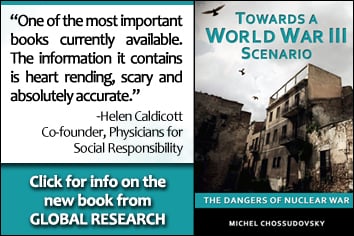 “
“


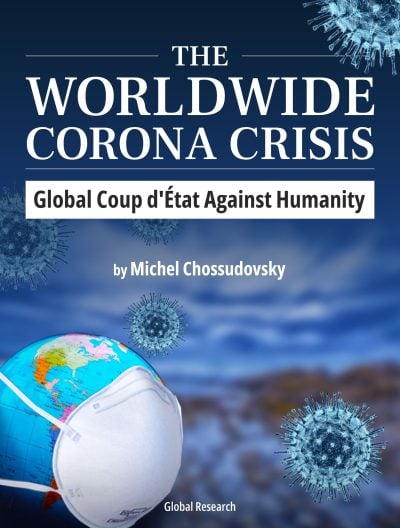 The Worldwide Corona Crisis, Global Coup d’Etat Against Humanity
The Worldwide Corona Crisis, Global Coup d’Etat Against Humanity
 General Joseph Warren
General Joseph Warren










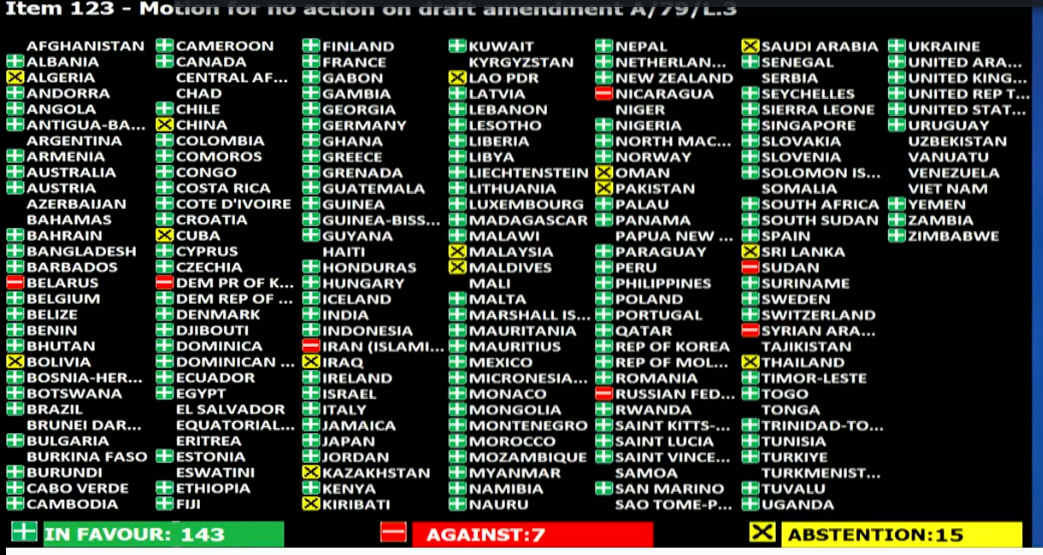

 independent critical analysis of politics, society, history, and economics. An award-winning investigative journalist, he has lectured on geopolitics at the
independent critical analysis of politics, society, history, and economics. An award-winning investigative journalist, he has lectured on geopolitics at the  Rethinking Srebrenica
Rethinking Srebrenica
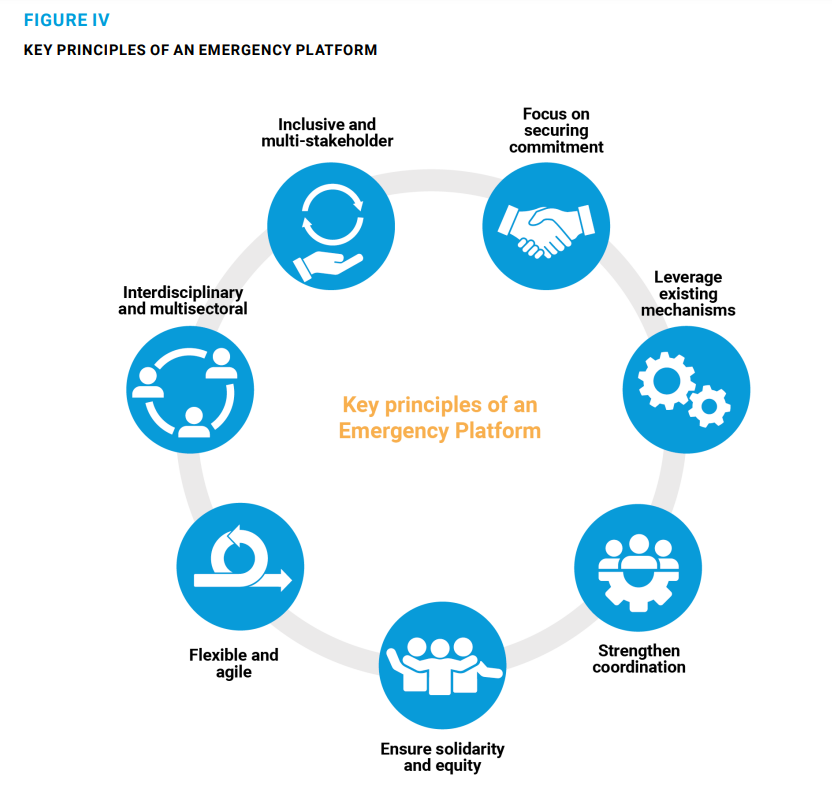
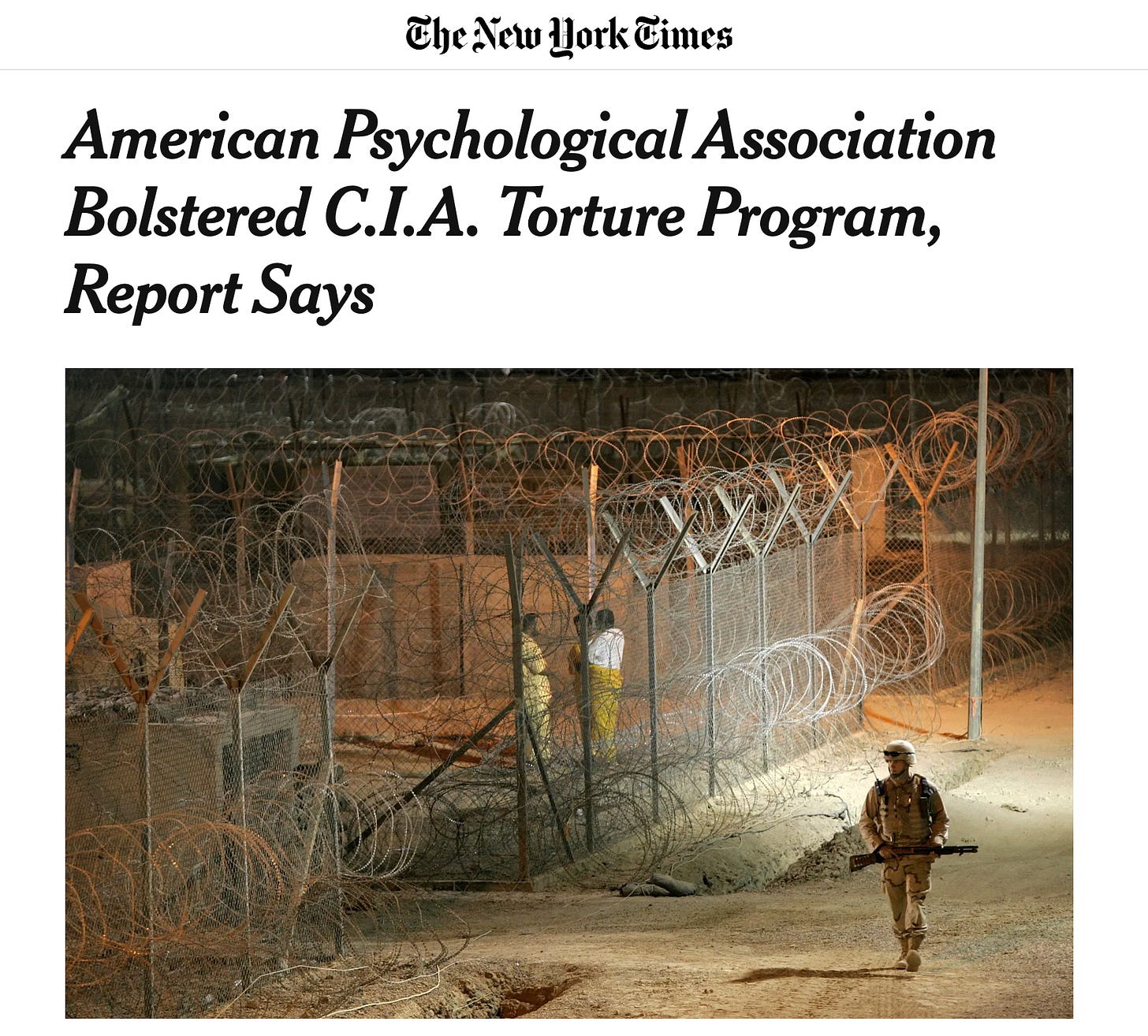
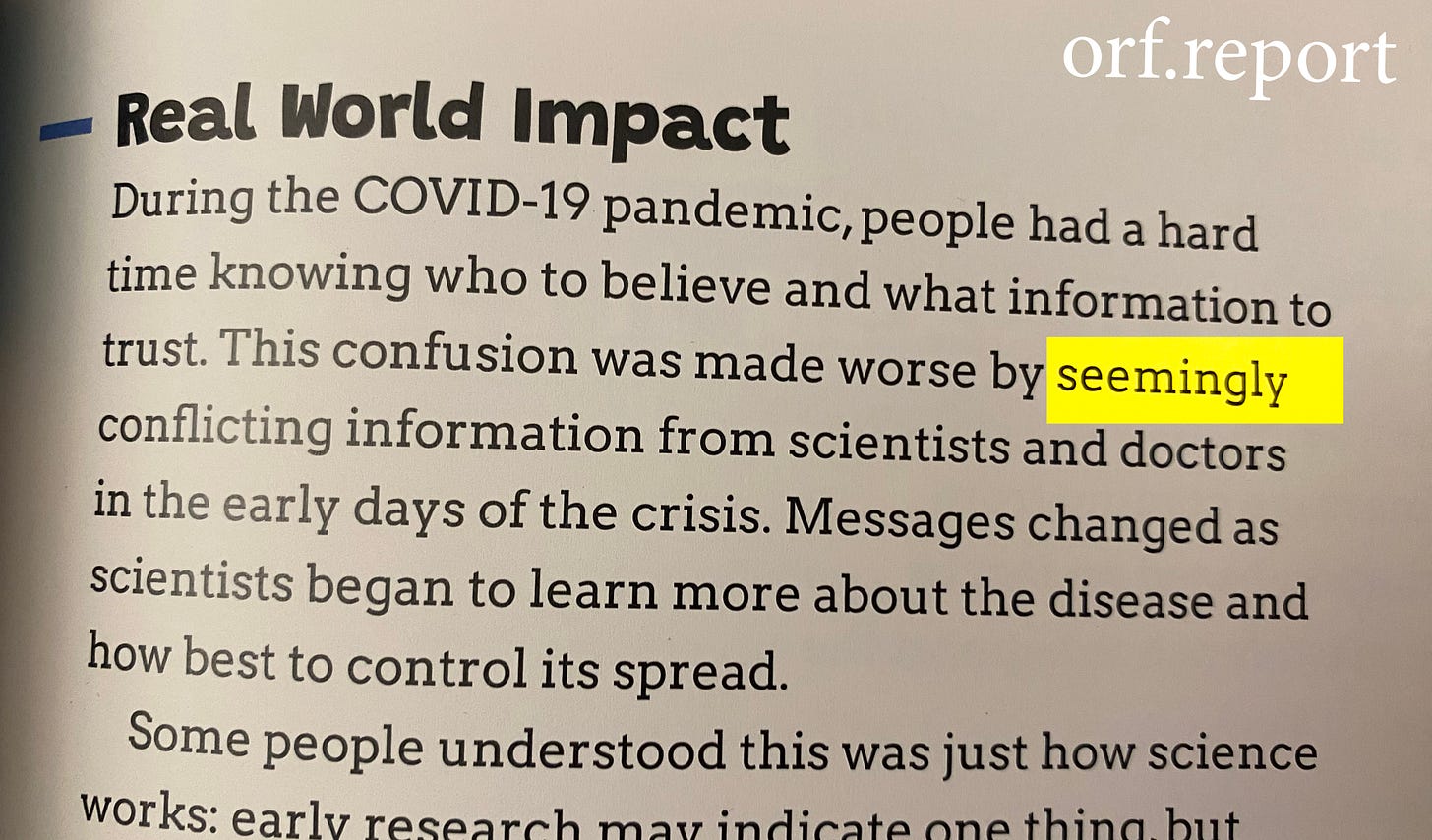
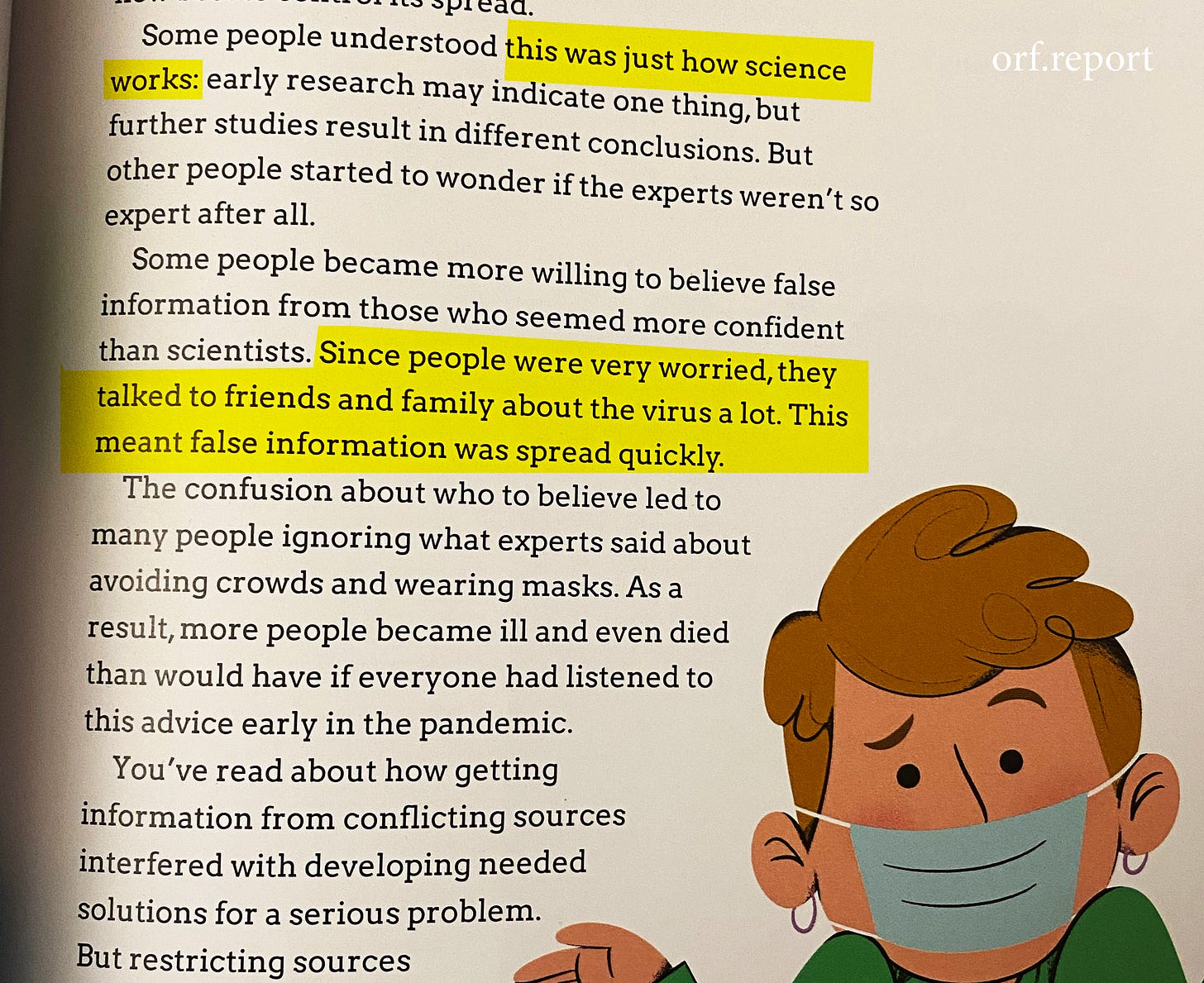
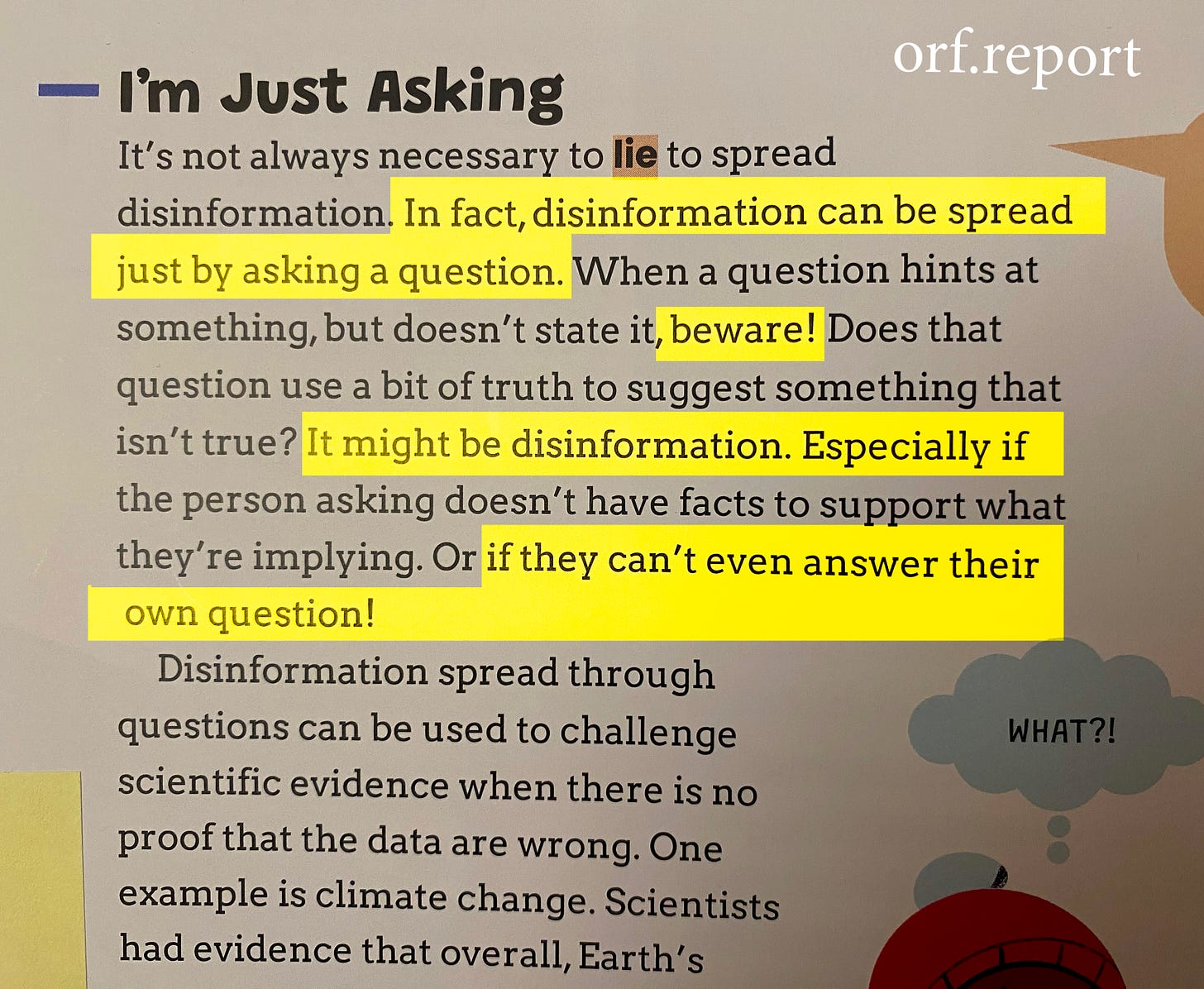

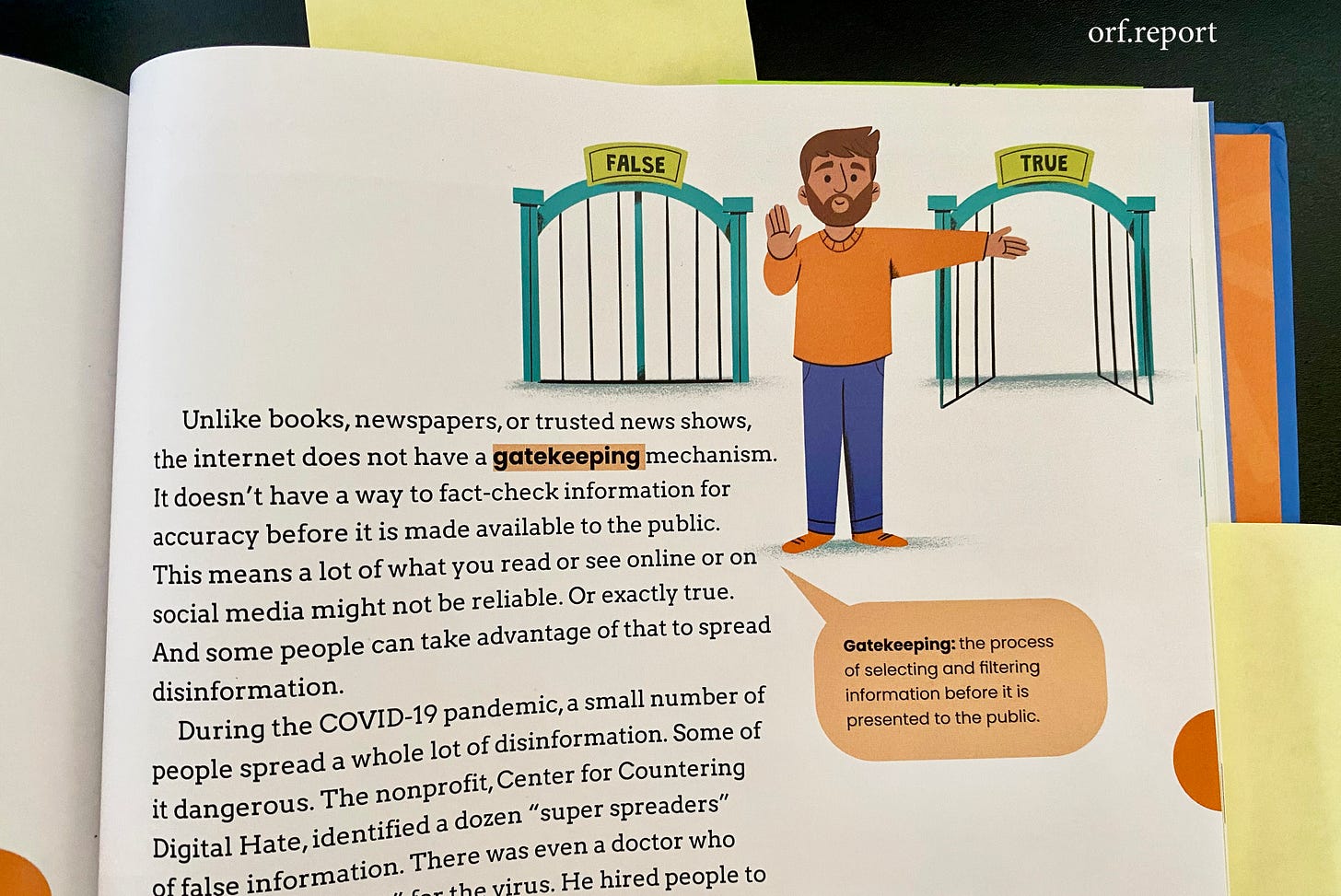
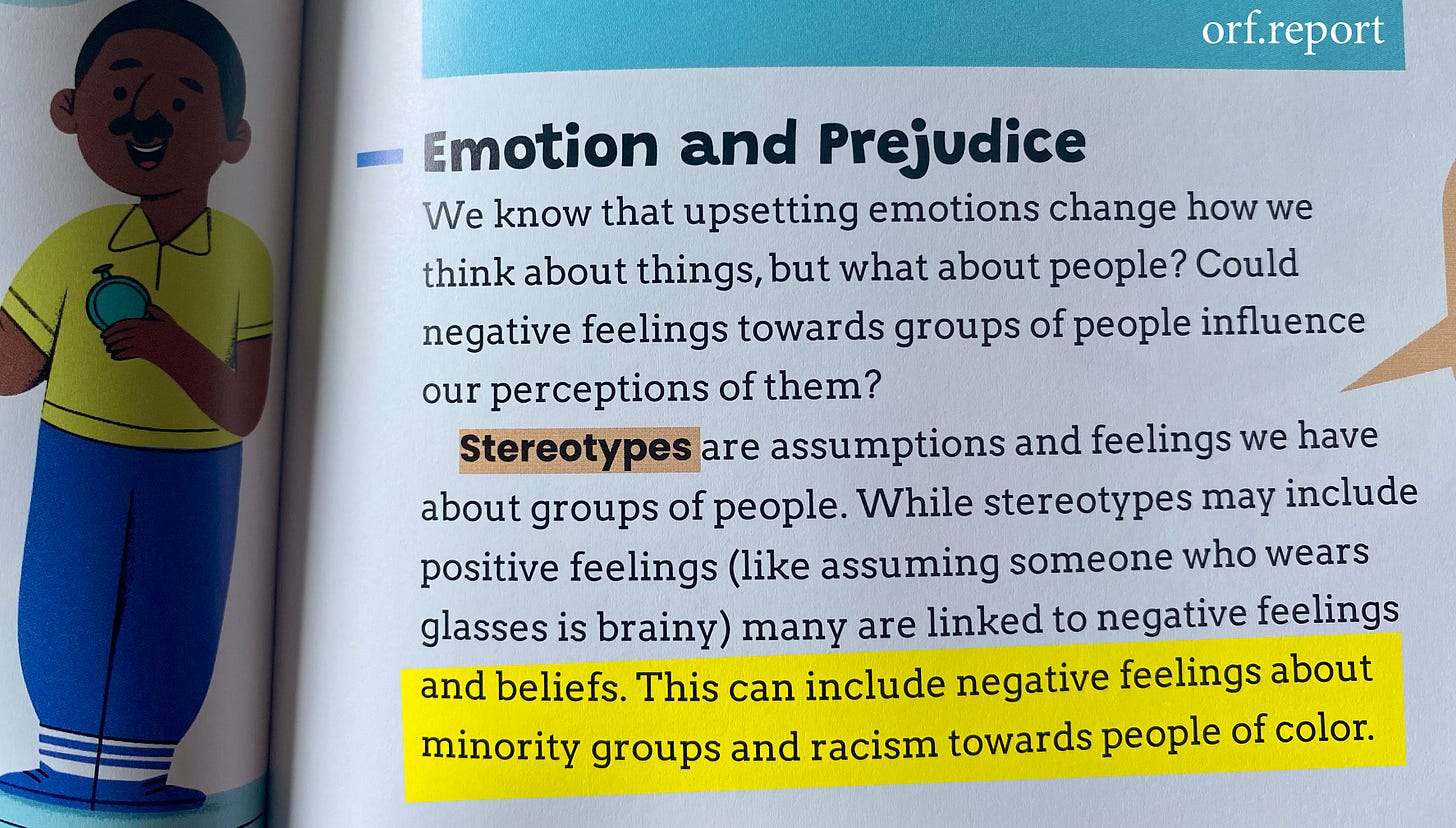
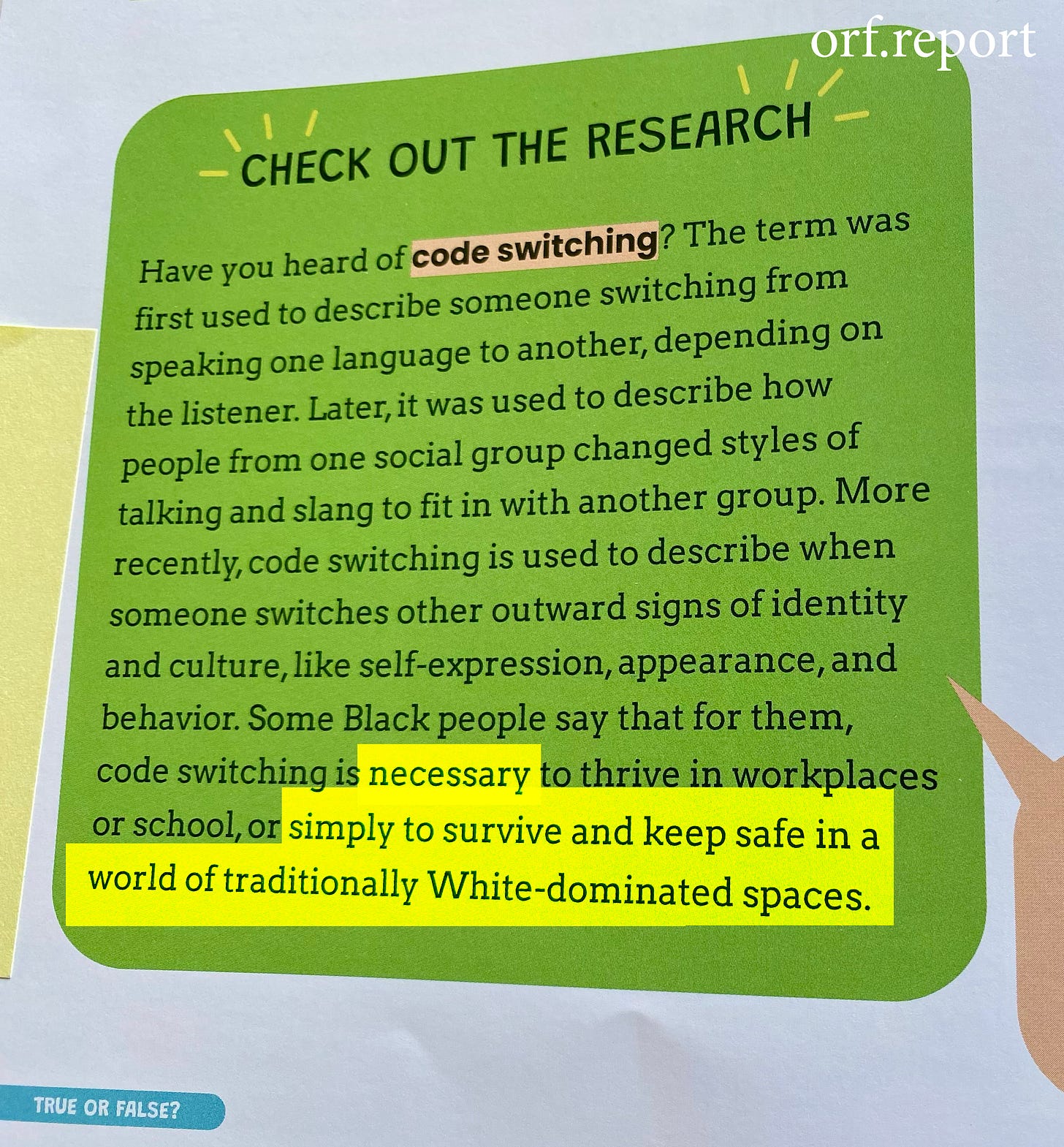
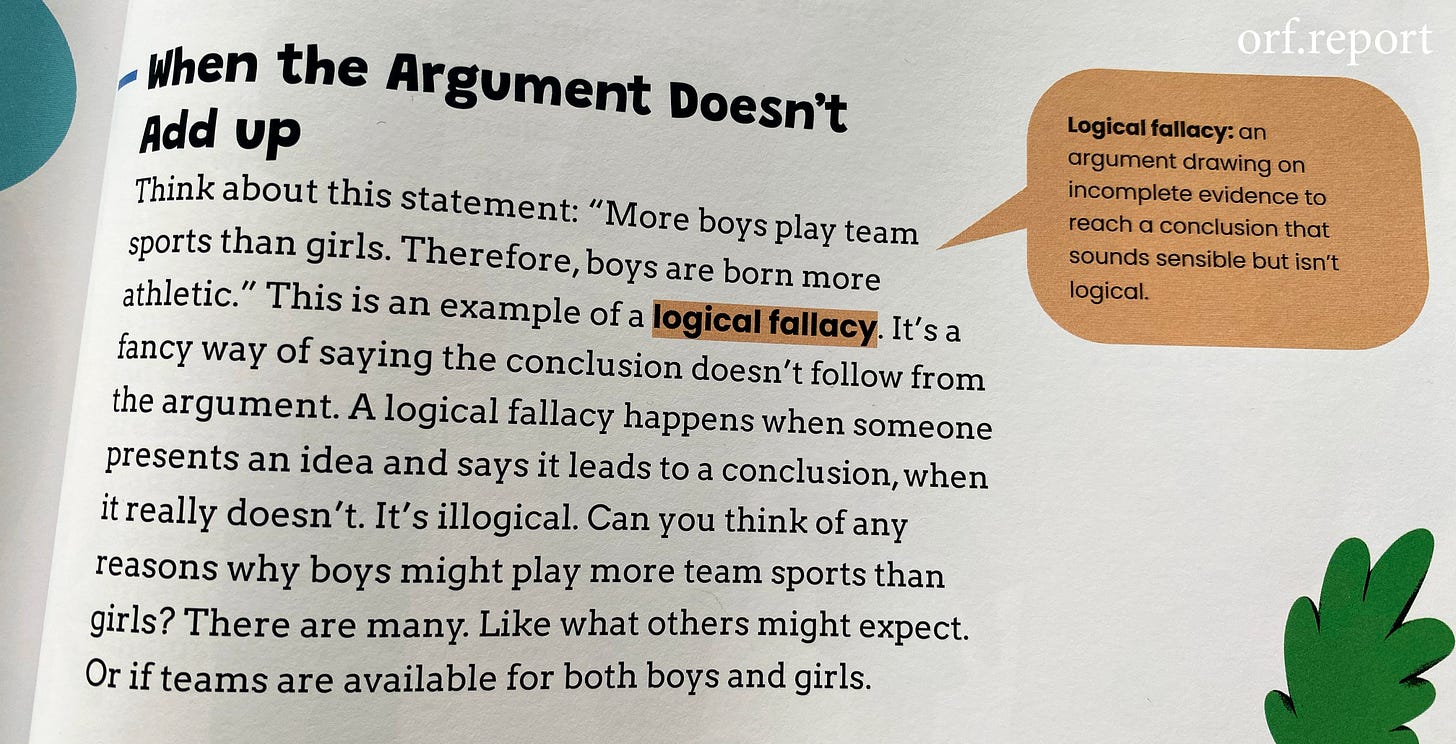
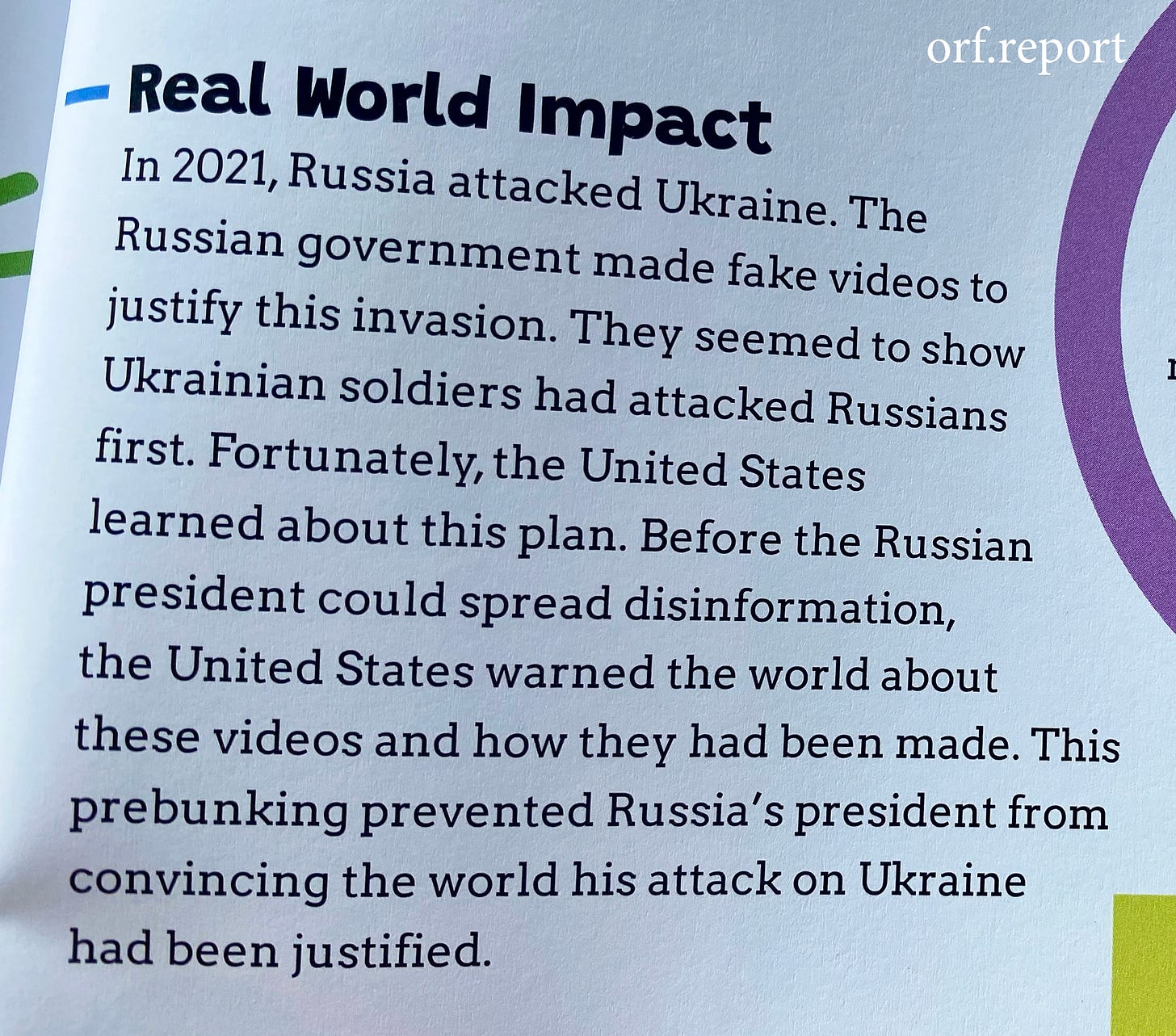
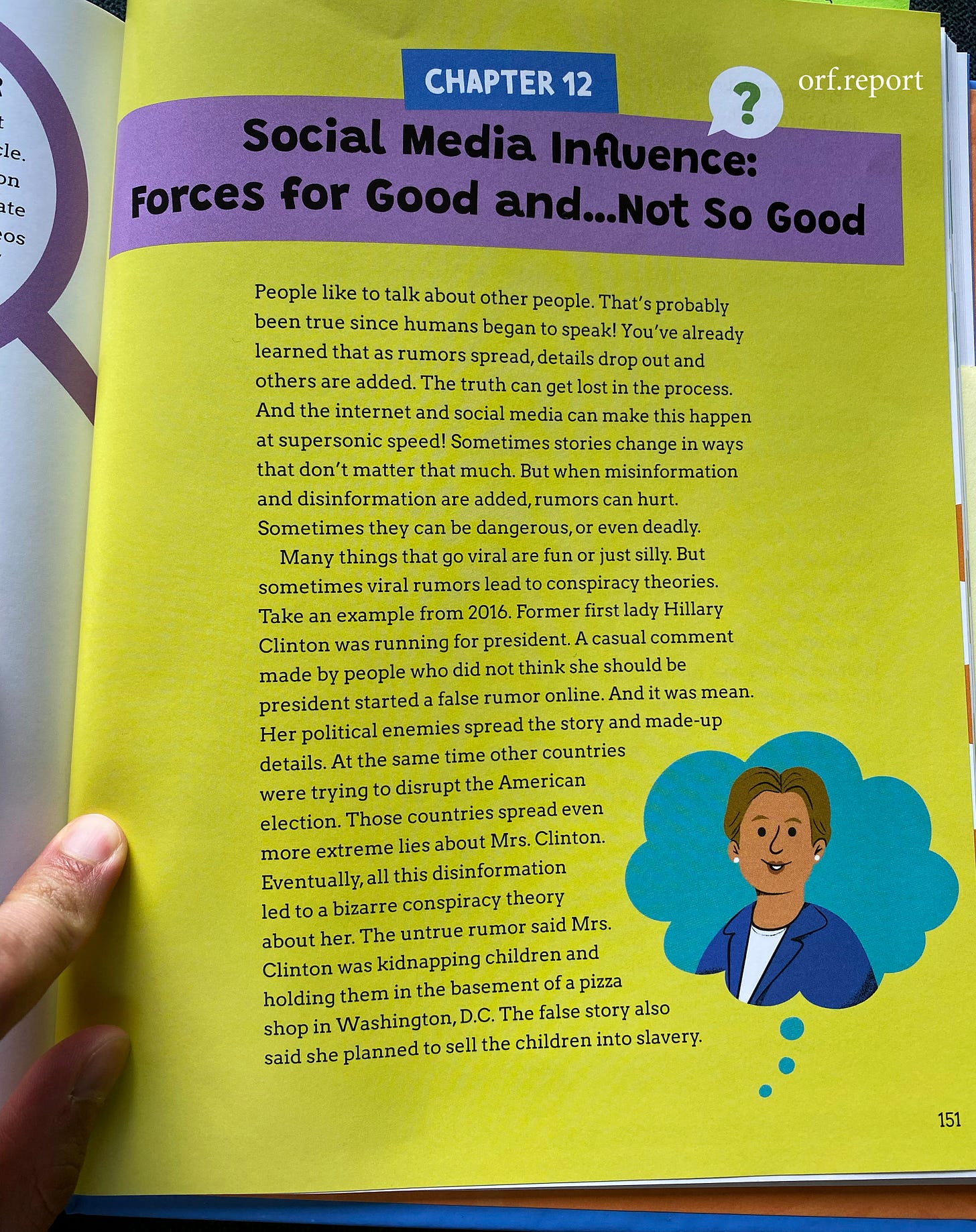
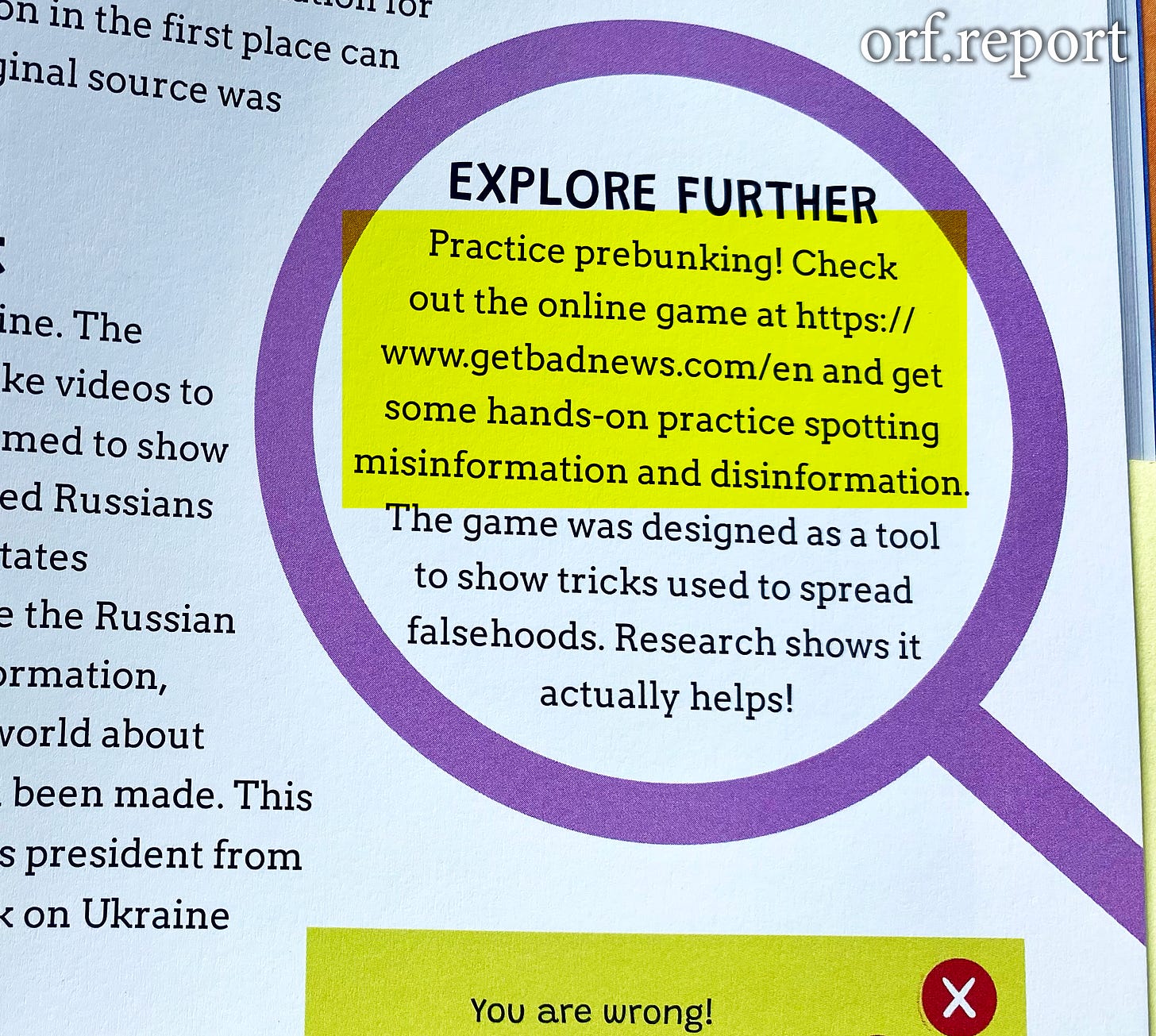 .
.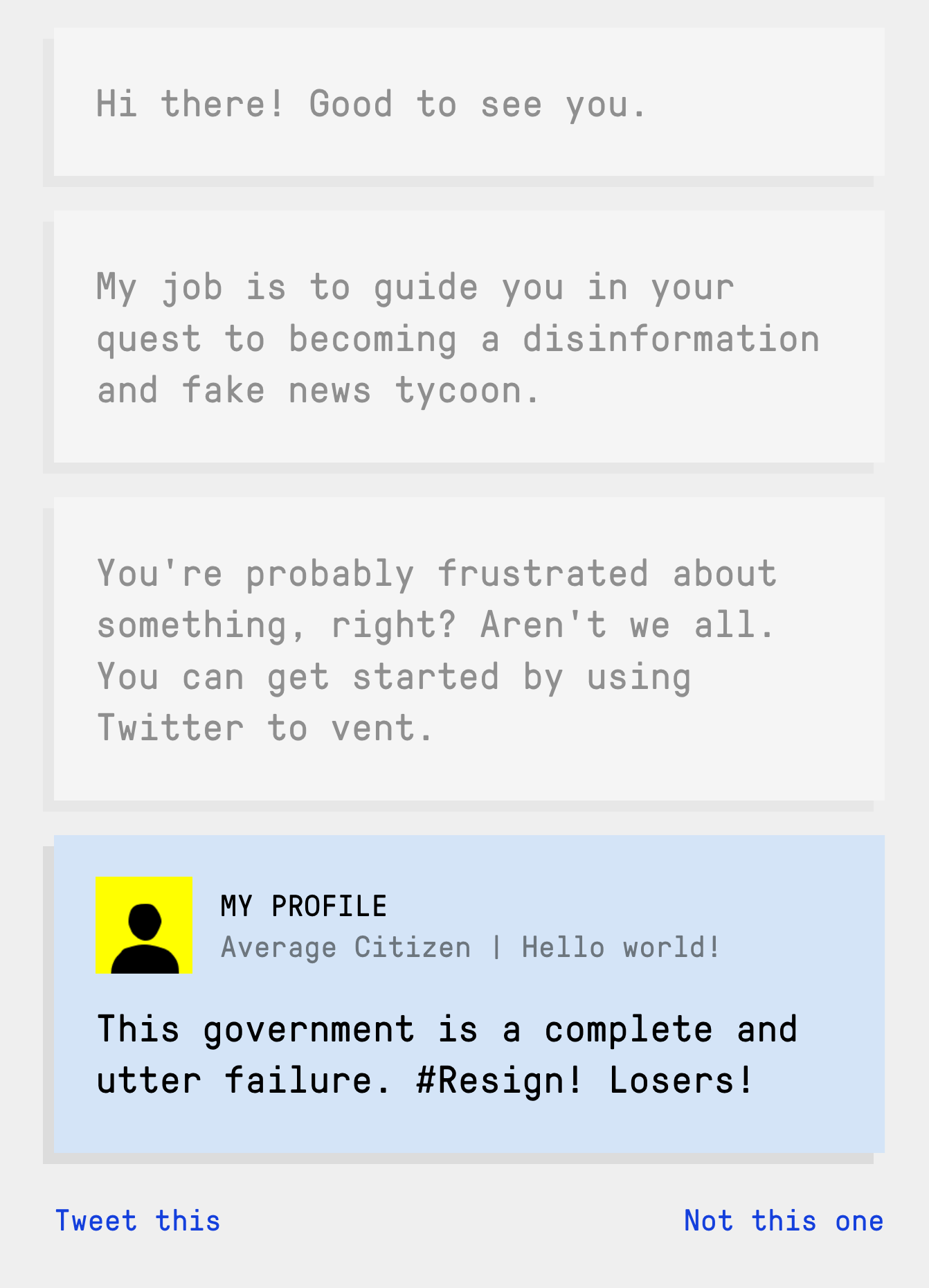
 .
.
